 In 2011
In 2011
I asked some fathers and grandfathers to share some of their feelings and experiences about fatherhood. My friend Darrell Hendriksen shared this story with me. I think this is where many busy fathers find themselves and it will be instructive. After all, parenting is about being present despite our busy-ness. Here is his story:
My wife and I own an older home that we have been remodeling one room at a time. A few years ago, in early spring, we decided that it was time to remodel the long-neglected front porch. Knowing that I would only be able to work on it during the warm months, I planned to work on it every Saturday from sunup to sundown, trying to beat the deadline of autumn weather.
As a father of three, I have always tried to be conscious of and involved with spending quality time with my children. To this end, I determined that to complete the porch by autumn I would need to devote each Saturday in its entirety to remodeling work, which would allow me to dedicate weekday evenings to my children.
As the weeks passed and the project dragged on, I became increasingly concerned that I wasn’t going to get the job done before the summer ended. If the porch wasn’t painted in time, the wet and cold winter was going to cause extensive damage to the newly installed wood porch. Notwithstanding my supposed balance between home remodeler and devoted father, I found myself more and more answering my sons’ requests for my attention with, “Not now, son- I’m really busy”, or “I will as soon as I’m finished nailing these planks”.
I remember going to bed very late one Saturday night, having once again missed our nightly family ritual of brushing teeth, reading a bedtime book, reading scriptures, singing, praying together, and tucking the children into bed with kisses and hugs. This nightly ritual had long since become a cornerstone in our family traditions, and I felt awful that I had missed it again. In my mind’s eye, I saw them with sad expressions on their faces, asking my wife, “Where’s Dad”? This, coupled with my increased frequency of choosing work over my sons, had me downright depressed.
I felt like an absent father, and the last thing I wanted was for my children to have even a hint of a feeling that they wished I was with them more. They are the most important thing in my life. I knew it, but I didn’t know if they knew it.
I could have said “I’m doing this work for you” all I wanted, but if they didn’t feel like I was available for them, all my work would’ve been meaningless. What good is a fancy remodeled house if all it’s good for is a place for a disconnected family to eat and sleep? A house is a house no matter how old the carpet or the color of the paint. What I wanted was a home- the kind that comes from absolute family unity and love. As ‘head of the home’, I knew it had to start with me.
That very minute I committed that my new rule was to never be “too busy”. Whenever my children come and ask me to read them a book or push them on the swing, or whatever– I say, “Yes”! When I put down what I’m doing right then and there, I immediately let them know by my actions that they can approach me. When we’re finished, I invite them now, to come and help me.
Regardless of age or capacity, there are four distinct fruits of this conscious effort to be more present in my children’s lives:
• My children know that they are paramount in my life
• I now have a direct opportunity to teach my children how to play and work
• My children and I, and therefore the entire family, are closer to each other
• Spending time with my children is FUN!!
When I ask my children to help me with a work project, they react as though I told them we were going to Disneyland. They are so excited to spend time with me- they love just being around me. But rather than simply being in close physical proximity to each other, parents must take advantage of these opportunities to consciously engage with their children. We need to ask them about things happening in their lives, that are important to them. We need to take the time to teach them about the world around them. These are the moments that combine to form a child’s character. The word parent is a noun, but too often we fail to seize the opportunity to use it as a verb- actively rearing them by loving, guiding, teaching, and showing them the way.
I don’t believe my children had really regarded me as ‘too busy’ but I had been, and that was enough to cause a problem. This feeling has long since dissolved, and I now revel in the opportunity to genuinely rear them, not just provide a place for them to live. Initially, I feared that my remodeling progress would slow, but it hasn’t. In fact, it has increased because my children are a bit older now and are confidently learning these skills for themselves.
It is so important that we consciously schedule time with our children, just as we would any other appointment or meeting. If we want our children to know we love them, we must show them by giving them our time and affection. We must also tell them we love them. Life is full of things to do, but our children deserve more than to be regarded as a task or burden. Since our children are our most important responsibility, let them be at the heart of our lives.
Let us regard everything we need to do in life as an opportunity and a venue for accomplishing this, the most important position in our lives- that of a parent. If you want to know what they’re thinking- ask them. If you want them to become something- teach them.
Do not assume they know you love them- tell them. Show them.
Darrell Hendriksen lives in Salt Lake City with his wife Heather and their three boys. He enjoys running, hiking, camping, gardening, making music, and doing handyman work- none of which would mean much without his wonderful family by his side.


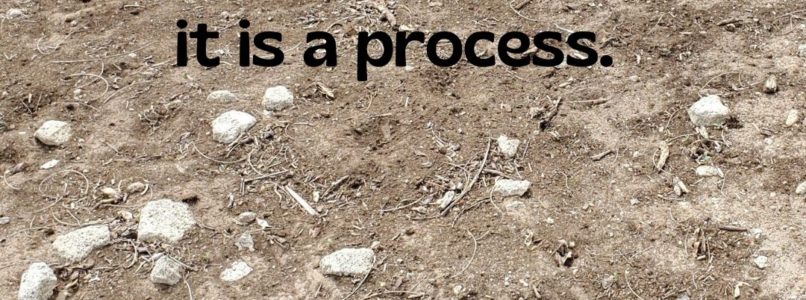
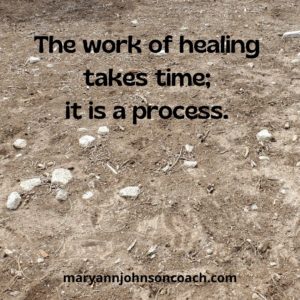 Last year, I wrote
Last year, I wrote  For many years the field next to our home, which I currently keep in order, had decades of debris on the ground and forests of weeds, grass, and sapling trees. After I cut down all the saplings and removed the weeds and grass to bare ground you could see all the cement. I gathered a bucket a day and piled it by the fence. When I had gathered what I could see I thought, “I am glad that job is done.”
For many years the field next to our home, which I currently keep in order, had decades of debris on the ground and forests of weeds, grass, and sapling trees. After I cut down all the saplings and removed the weeds and grass to bare ground you could see all the cement. I gathered a bucket a day and piled it by the fence. When I had gathered what I could see I thought, “I am glad that job is done.” surface. There is no debris, plants, or saplings to hold it under the ground. So each year I have found myself gathering up a bucket a day for a few weeks and adding the contents to the cement pile. Now, if I didn’t understand that sometimes there are layers to the work we do, I would be discouraged. But I know that what was buried will eventually surface and then I can clear it away.
surface. There is no debris, plants, or saplings to hold it under the ground. So each year I have found myself gathering up a bucket a day for a few weeks and adding the contents to the cement pile. Now, if I didn’t understand that sometimes there are layers to the work we do, I would be discouraged. But I know that what was buried will eventually surface and then I can clear it away.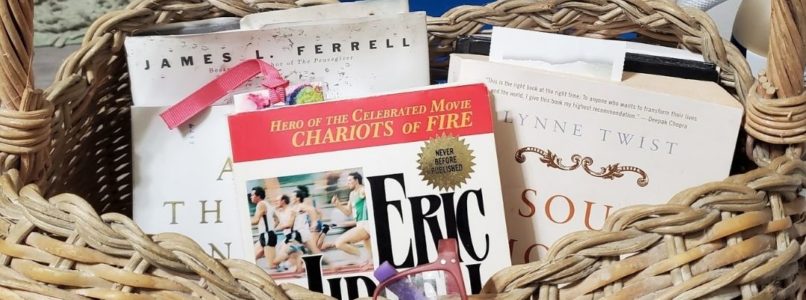
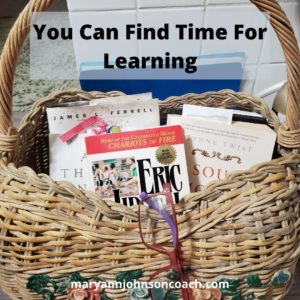 I had a mom call me in tears. She couldn’t figure out how to continue her education and still wear all the other hats that she must wear. She wanted some advice.
I had a mom call me in tears. She couldn’t figure out how to continue her education and still wear all the other hats that she must wear. She wanted some advice.
 The trip was a mixed bag, if I am honest. The kids and I had some great times, and I kept Gus worn out. : ) He had one nap and wanted another Saturday, but we were busy. This from a boy who has all but given up naps.
The trip was a mixed bag, if I am honest. The kids and I had some great times, and I kept Gus worn out. : ) He had one nap and wanted another Saturday, but we were busy. This from a boy who has all but given up naps.
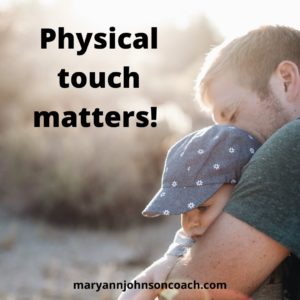 I have a friend, Ann, who has taught children with special needs for 16 years. I have been in her classroom, and she is terrific. But this year, she retired, and her kids miss her.
I have a friend, Ann, who has taught children with special needs for 16 years. I have been in her classroom, and she is terrific. But this year, she retired, and her kids miss her.
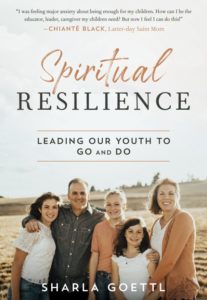 So, I am delighted to introduce you to a new book by Sharla Goettl, Spiritual Resilience: Leading our Youth to Go and Do. It is an excellent resource for any parent who is also a member of The Church of Jesus Christ of Latter-Day Saints ~ or who lives a Christ-centered life.
So, I am delighted to introduce you to a new book by Sharla Goettl, Spiritual Resilience: Leading our Youth to Go and Do. It is an excellent resource for any parent who is also a member of The Church of Jesus Christ of Latter-Day Saints ~ or who lives a Christ-centered life.
 loss difficult. His back and hip make exercising a challenge. He has been experimenting for months and finally came up with a way to move forward that he felt he could do
loss difficult. His back and hip make exercising a challenge. He has been experimenting for months and finally came up with a way to move forward that he felt he could do 
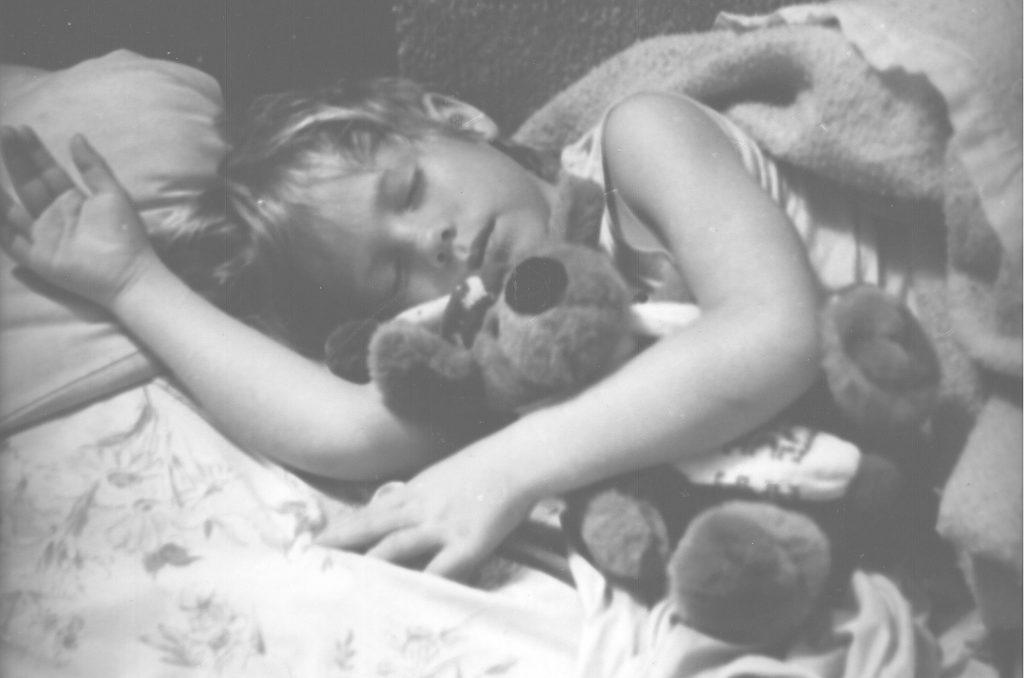 I have a photo of my daughter Jenny who is in her forties. It was taken when she was around six. Recently, I was looking at it and experienced a very tender moment. In those early parenting days, I loved my children. However, this photo reminded me that at that busy time of life I did not realize how sweet and precious they were; that the opportunity I had been given to be their mother was not just a responsibility or a job, but a gift, one of the greatest.
I have a photo of my daughter Jenny who is in her forties. It was taken when she was around six. Recently, I was looking at it and experienced a very tender moment. In those early parenting days, I loved my children. However, this photo reminded me that at that busy time of life I did not realize how sweet and precious they were; that the opportunity I had been given to be their mother was not just a responsibility or a job, but a gift, one of the greatest. parented. I was driving across our small town and was miraculously alone. Off to my right, as I glanced down the street, I saw a small girl skipping along towards me. I saw her sweet little face and feet as she firmly planted each step. Then without warning, I saw that child as I had never seen another human being. It was as if she was clothed in a light that had previously been hidden from me. It was overpowering and I cannot express the feelings that filled my heart. I began weeping. I had seen the beauty of another human being. She was far more beautiful and precious than I had ever imagined any person could be. It was a gift to help me on my way.
parented. I was driving across our small town and was miraculously alone. Off to my right, as I glanced down the street, I saw a small girl skipping along towards me. I saw her sweet little face and feet as she firmly planted each step. Then without warning, I saw that child as I had never seen another human being. It was as if she was clothed in a light that had previously been hidden from me. It was overpowering and I cannot express the feelings that filled my heart. I began weeping. I had seen the beauty of another human being. She was far more beautiful and precious than I had ever imagined any person could be. It was a gift to help me on my way.